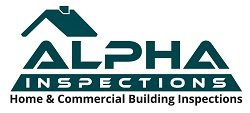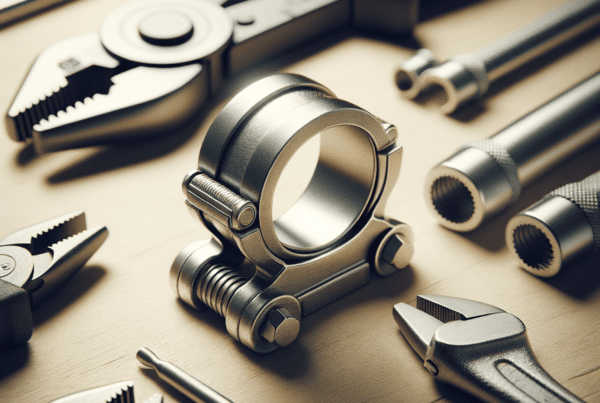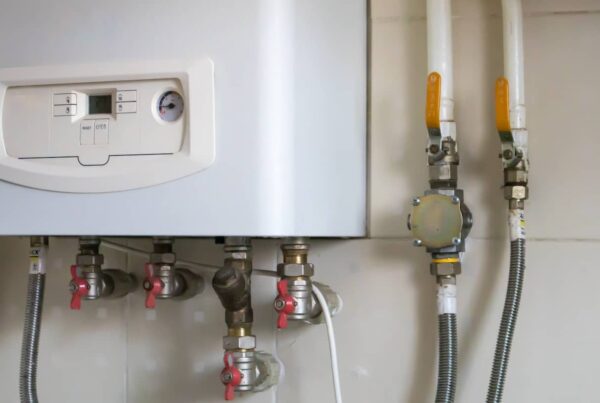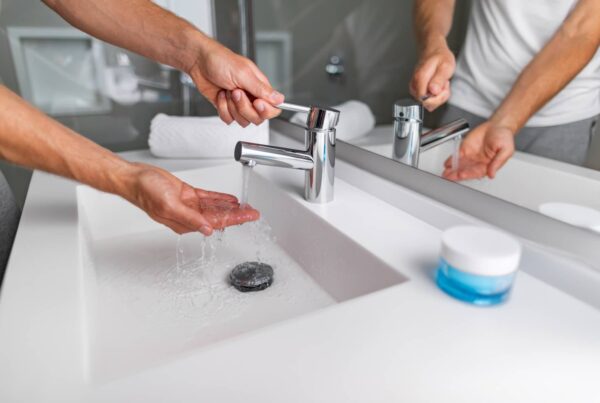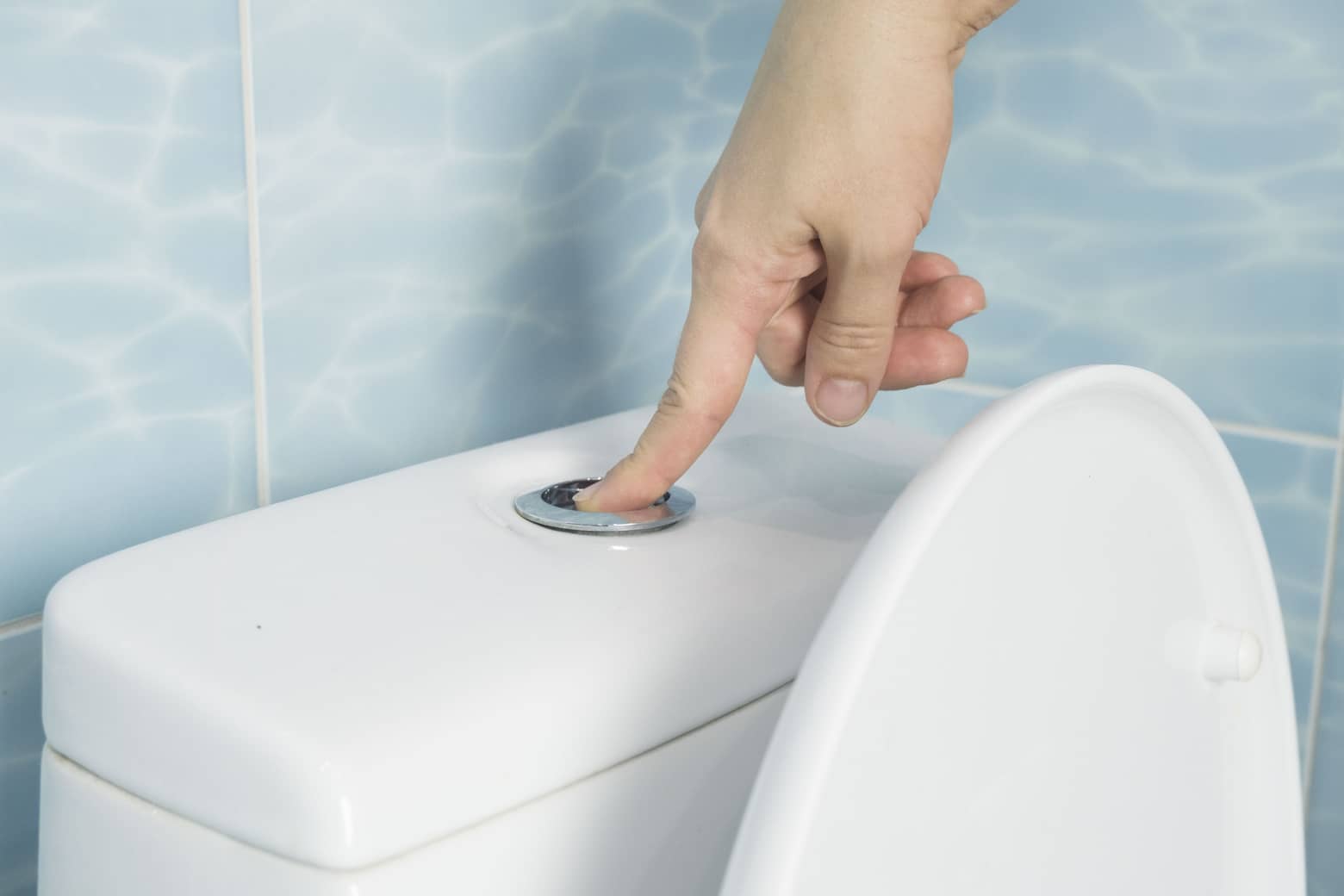
Believe it or not, thinking about where my toilet water goes is not a top priority. Oftentimes, as homeowners, we just ignore the obvious questions. Life has us so tied up and busy, that keeping tabs on our home’s water supply and plumbing does not appear to be a concern. In fact, the only time we even think about our plumbing and water in the toilet is when it gets backed up or clogged. Where does toilet water go? Typically, it goes directly to the water treatment facilities in your community. Wastewater is then cleaned and sent to your local rivers, lakes, or streams.
Let’s take a look below at more details regarding our toilet water.
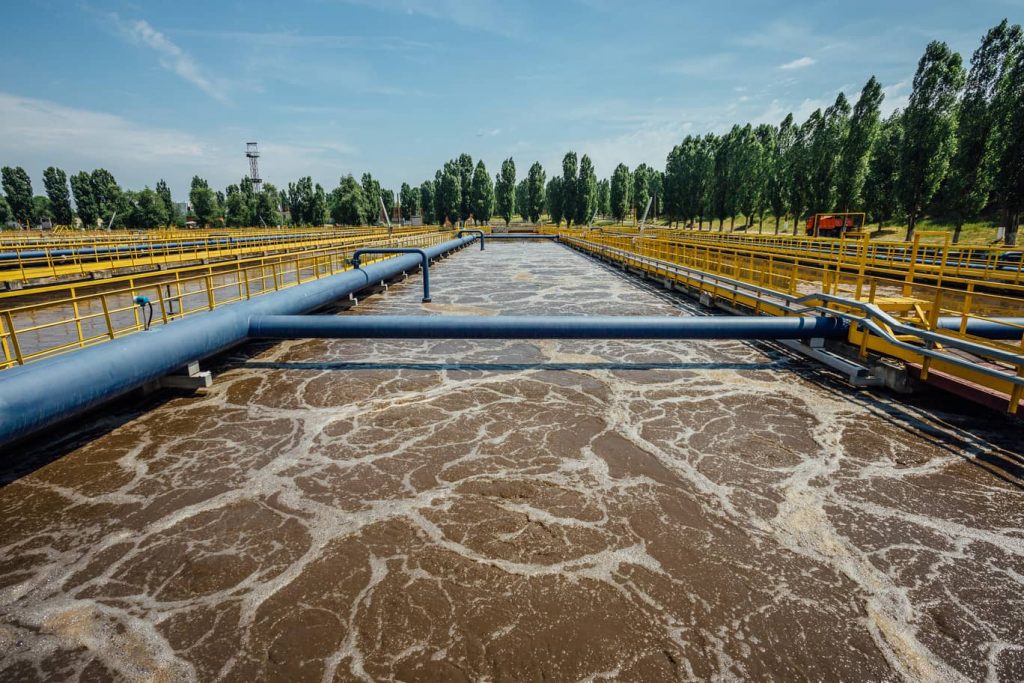
Where Does It Go
The moment that you flush your toilet the water and everything in it begin a journey to the wastewater treatment facility. Here are the basic steps.
- Flush the toilet: Water and waste go into your initial plumbing and head out towards the sewer.
- Other waste: As you flush the toilet the waste from the toilet and what is left in the pipes from your other liquid waste begin to collect and meet.
- As it meets: As the wastewater collects with other water in the pipes, it creates a pile of waste called sewage.
- Where does it go? The collection of sewage now heads to the city sewer pipes. Then, your home sewer pipes flow downhill and deposit your wastewater into a large city sewer system of pipes.
- Then what? Once in the city sewer system, the wastewater meets all other waste from every home on that piping system.
- Now what? Finally, the wastewater and sewage from all homes on the city sewer system flow towards the sewage treatment plant to be treated sewage.
- Finally: The wastewater is treated with environmentally friendly chemicals and all sewage is removed from the water. The treated water and cleaned water are then released into local rivers or streams and back into the water cycle.
If you have a septic system, the process of where your wastewater goes is a little different. Septic systems have tanks that collect your waste and need to be cleaned out regularly. Take a look at the article linked here to see how to properly maintain your septic system.
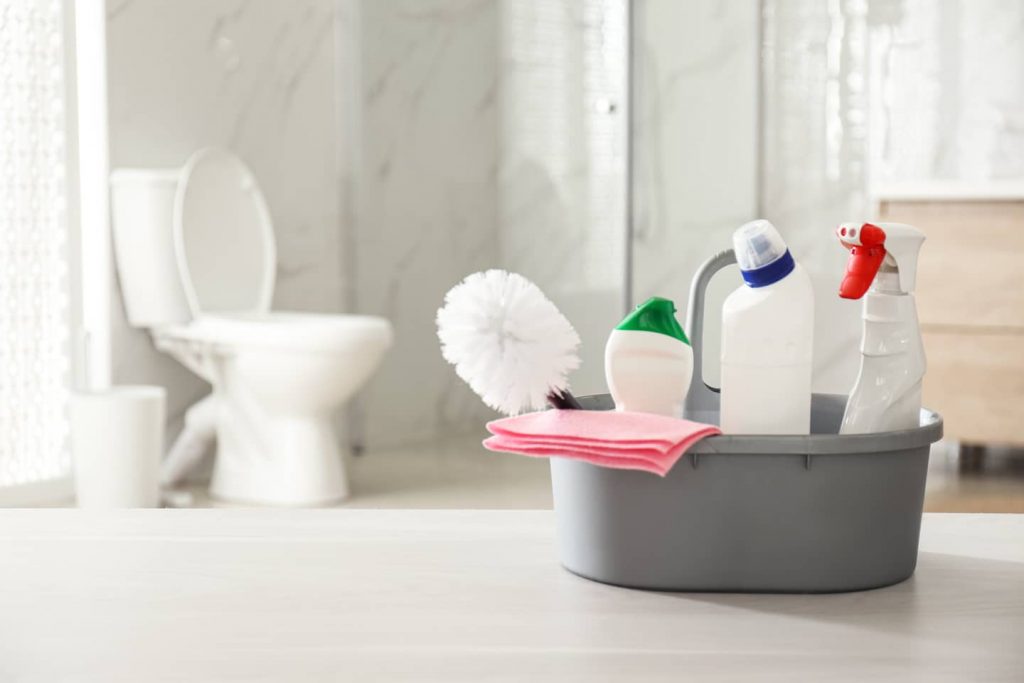
Do Not Dispose Of In Toilet
Keep in mind that although your toilet paper and waste is being flushed into the city sewer system, it is very important that you keep environmentally hazardous items out of the toilet. This can include many items that don’t break down at the wastewater treatment plant. Here is a list of what not to flush!
- Cleaners
- Grease
- Medicine
- Paint
- Beauty Products
- Diapers
- Feminine Hygiene Products
- Motor Oils
- Plastics or Rubber Materials
Let’s take a look at the video below to see where toilet water goes.
Other Recommended Maintenance
Learning about where your toilet water goes can also contribute to your knowledge of how to unclog various drains. As long as there is something being flushed or rinsed down a drain, the potential for a clog is evident. One area that constantly pops up is how to unclog a dishwasher drain. This is usually a neglected practice until it is too late and you have a mess on your hands.
Another area to explore is how to remove chemical stains. If your stainless steel sink backs up or is clogged, it can often cause staining that you weren’t expecting. Also, metals can stain often depending on what other elements they come into contact with. So, keep this in mind when you are cleaning your dishes. Hopefully, simple dish soap and water are all that go into your stainless steel sink.
Finally, take a look at how to clean sediment from your water lines. Knowing this important detail can save you from a flood. As sediment collects in your pipers or water heater, the water flow slows drastically. It is a great idea to read up on this so that you can avoid any potential damage to your plumbing or water heater.
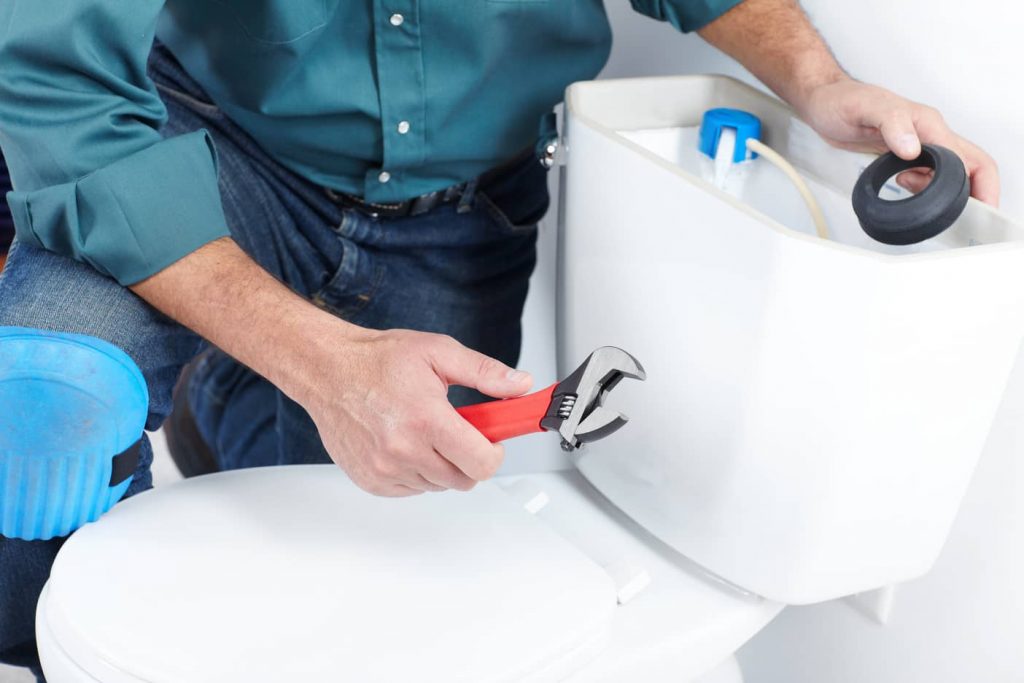
When Should I Call A Professional
Anytime you are dealing with plumbing, it is a great idea to reach out to a locally licensed plumber. Additionally, understanding where your toilet water goes is definitely as important as understanding where it comes from. Oftentimes you can experience a clog or backup in your plumbing and understanding how the water flows and where it goes is important to solve the problem.
Additionally, if you have a leak, it could be closer to the city sewer pipes and knowing where to look is a good idea. Consider calling on your local home inspection team to get a thorough home inspection, which can include your plumbing.
Conclusion
Calling on a professionally licensed plumbing contractor is always a great idea. The plumbing contractor can point out the good and the bad with your plumbing and explain to you where the toilet water goes. If you are still concerned after your professionally licensed plumber comes out for their assessment, you can reach out to your local home inspection team.
It is probably a good idea to reach out to the home inspection team first, just in case you have other project needs This could save time and money with the plumbing service. Alpha building inspections conducts home inspections in Merrimack, New Hampshire, and surrounding areas.
